Google to begin disabling 3rd-party cookies in 1Q2024
Google Developer Relations for Privacy Sandbox rep Rowan Merewood said on Wednesday in a Developer Blog post that the company still plans to begin disabling 3rd-partycookies in Chrome beginning in 1Q2024.
Initially, Google will disable these cookies for 1% of Chrome users and observe the results, then go forward with disabling them for all users by sometime in 3Q2024. "subject to any remaining competition concerns of the UK's Competition and Markets Authority (CMA)."
Mr. Merewood said that Google's goal is to "reduce cross-site tracking" of users while keeping content and services freely accessible.
This means that beginning in early 2024, advertisers will be seeing on their websites more Chrome users with 3rd-party cookies disabled.
Steps suggested for getting ready for 3rd-party-cookie phaseout are:
- Audit 3rd-party cookie usage, using a new DevTools extension to be launched in November.
- Test for breakage by setting Chrome to block 3rd-party cookies.
- For cross-site cookies that store data on a per-site basis, consider using the Partitioned attribute of Cookies Having Independent Partitioned State (CHIPS) which can save cookie state without cross-site storage. Potential applications include 3rd-party chat, map or payment embeds, CDN access-control cookies, 3rd-party API calls.
- For cross-site cookies across a small group of sites related by company, API, CDN or country-code domain, consider using Related Website Sets to allow cross-site access within those sites via Storage Access API.
- For other 3rd-party-cookie cases, migrate to relevant Privacy Sandbox web APIs that don't need 3rd-party cookies:
- Federated Credential Management for users of federated identity services
- Private State Tokens that can exchange non-identifying information across sites
- Topics that enable interest-based personalization
- Protected Audience that enables remarketing and custom audiences
Chrome - as well as Edge, Firefox and Safari - also supports the Storage Access API for use with iframes.
Because making the necessary changes to sites to deal with the absence of 3rd-party cookies could take time, Google plans to offer a deprecation trial that will allow advertisers to register for continued access to 3rd-party cookies for some limited period of time. The deprecation trial will be available only for functions that "greatly affect critical user journeys" and registrations will be done on a case basis.
If a site or service on which you depend is breaking with 3rd-party cookies disabled, you can submit a report to Google's "breakage tracker" at google/report-3pc-broken and/or seek developer support using the "third-party cookie deprecation" tag.
Privacy advocacy groups welcome the end of 3rd-party cookies, but caution it doesn't go far enough to end tracking of users.
And the biggest online giants - Amazon, Facebook and Google itself - with millions of account holders, will likely be least affected by any new limitations on tracking.

 - David
- David
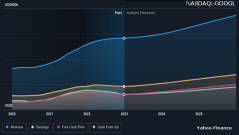

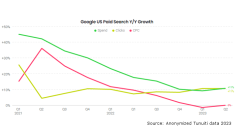


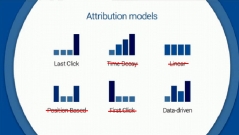

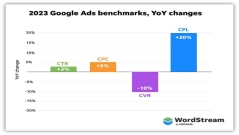
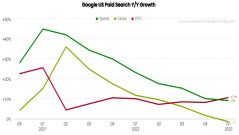
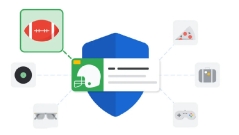
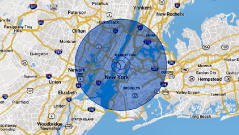


Comments on Google on track to begin disabling 3rd-party cookies in 1Q2024